Future State: How Google Works
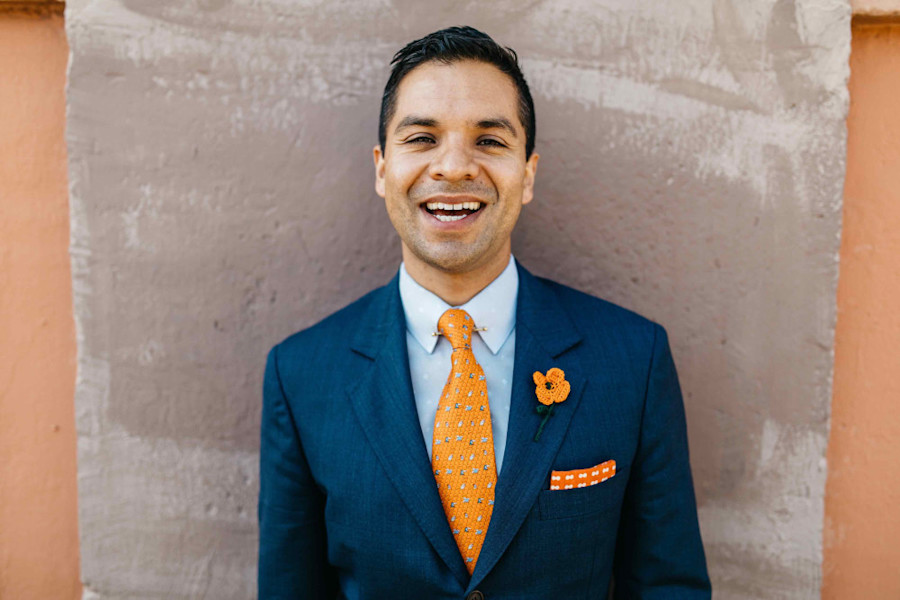
Later this year, we're presenting 'Future State' in Melbourne as a symposium of some of the sharpest businesses of our time. We spoke to Hector Ouilhet, head of design for Google Search and Assistant products, on the limitless future of artificial intelligence ahead of his keynote address.
Can you describe your role at Google and what that means for your day-to-day operation?
I'm director of UX and the head of design for Search and Assistant products. That entails setting the vision for the team and setting up the right conditions for the team to work at their best. It also means aligning functions like product, engineering and marketing,etc and understanding who our users are and their needs, and then identifying which are the right investments. Often, investments are made on a five or ten year horizon, so we’re constantly looking out through different ways to solve for that.
I’m interested in the politics of your decision making, and how you prioritise what’s best for Google as a business and Google as a creator of a better future?
They always overlap, it's just a matter of the timeframe. Sometimes the business priority is further away, sometimes the user priority is further away and it's a matter of identifying which one to work on at the time. In the past we've made some wrong calls and focused too much on the short term, inhibiting us from seeing the larger picture. We've seen the repercussions of that; things just don't resonate with the user or are sub-par in quality. It's always useful to have the user in mind otherwise there are too many characters or dynamics or variables to align when at the end of the day someone is either going to use the thing in front of them or not.
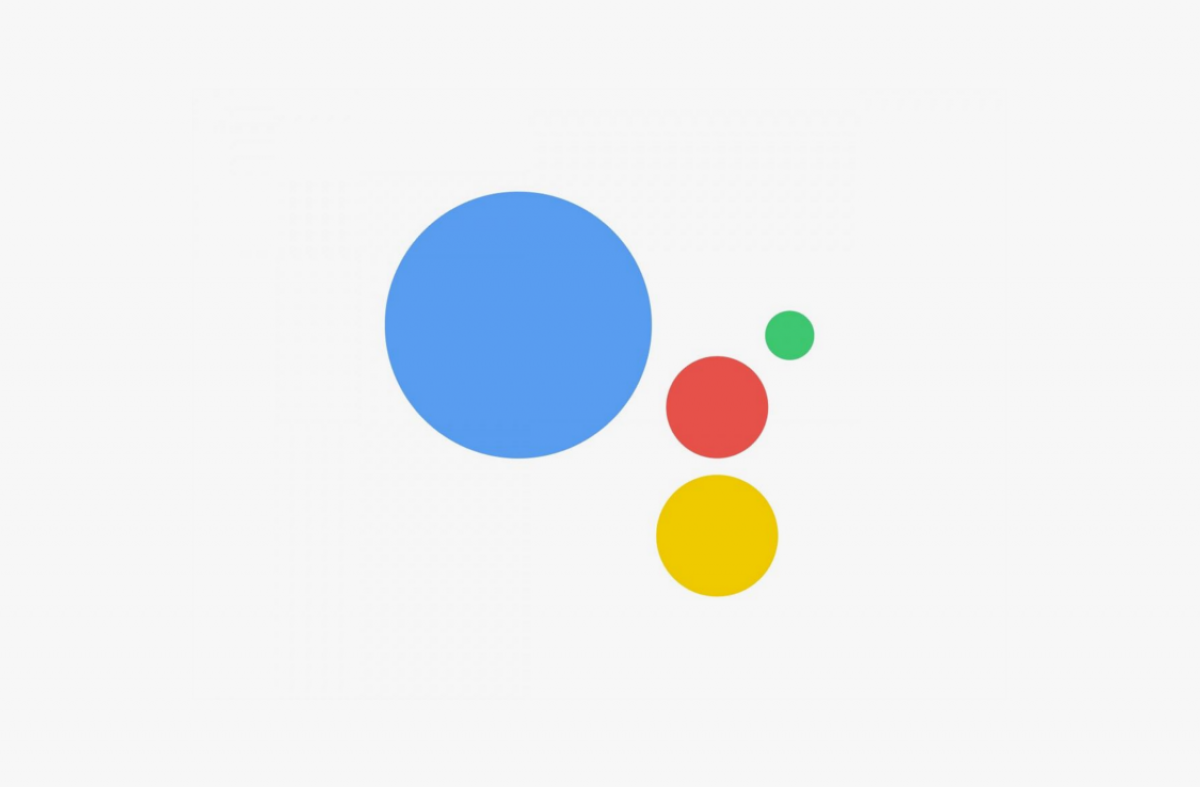
How do you act as a conduit between the sides of engineering and creativity to make the right decisions?
I have a unique background in that I studied computer engineering, but I also have a masters in interaction design and studied fine arts. I'm not very good at the extreme of each of these functions — I'm a terrible engineer and not a great designer — but what I can do is speak both languages and act as a translator between the two. So throughout my career and in my current role I've translated intentions to resolutions, desires, or sometimes just plain words from one side to the other. It's fascinating because they're different worlds and different tones but I find it easy to translate between them and bring value to the organisation.
How do you do that?
You just pay enough attention to what people are paying attention to, right? If I can re-frame a high-priority objective from our CEO to suit both those sides, then we're in good shape. Now it’s difficult to manage at scale because once you reach a certain size the level of seniority, proximity to the source, and fidelity of the work varies significantly. You need a strong leadership team who can connect the messaging across the board, otherwise it just won’t progress or resonate and it won’t have the desired outcome.
Throughout my career I've translated intentions to resolutions, desires, or sometimes just plain words from one side to the other.
Hector Ouilhet
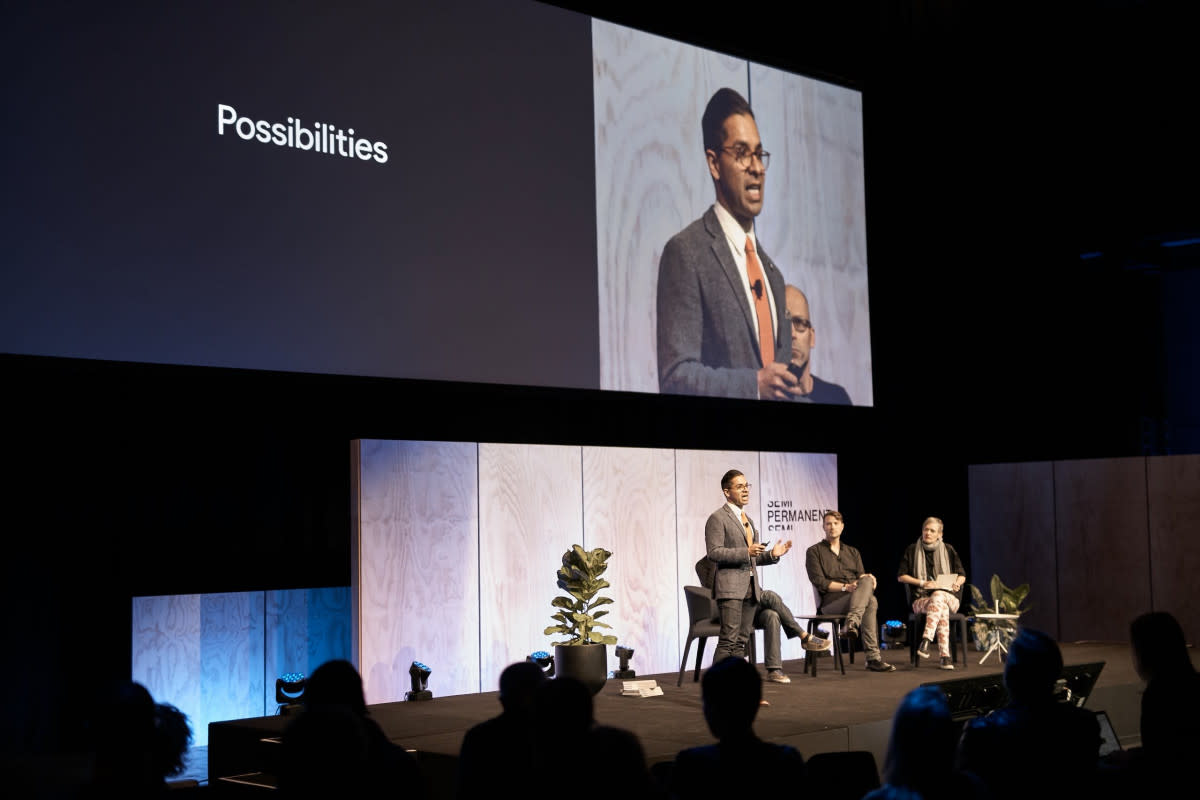
How does Google as an organisation empower you to communicate with those teams, as well as removing bias between them?
It's a very interesting company. I've been here for 10 years and have realised that there’s very little top-down communication. This brings with it pros and cons: There's a lot of wiggle room, yet a lot of ambiguity. There's a lot of space for innovation and iteration, yet a lot of complexity. So when you have all these really smart, really nice driven people and give them the wiggle room to do what they want, you have a ton of awesome innovation but you also have noise and/or inefficiencies.
When you have this set of people, you listen to a lot of voices — so that's one way to attack bias by default. The other is that we've purposefully built our leadership teams with representation across gender, culture, community and functional backgrounds. It's mixed on purpose and I believe that leads to a robust team to combat bias and increase your chances to listen to the right signals. It's just challenging to run this at scale. But I also believe the choice of efficiency as a primary objective for an organisation is a wrong one. It's good to have efficiency, but if that’s the only thing driving your business, you're prepared to limit the solution space that is probably based on a short-term feasibility. When you do that it’s easy to miss the larger end-to-end experience and the ability to leap over it.
Brands can now express themselves without constraints; it’s not static, it’s dynamic and invisible because most of these devices have no screen.
Hector Ouihet
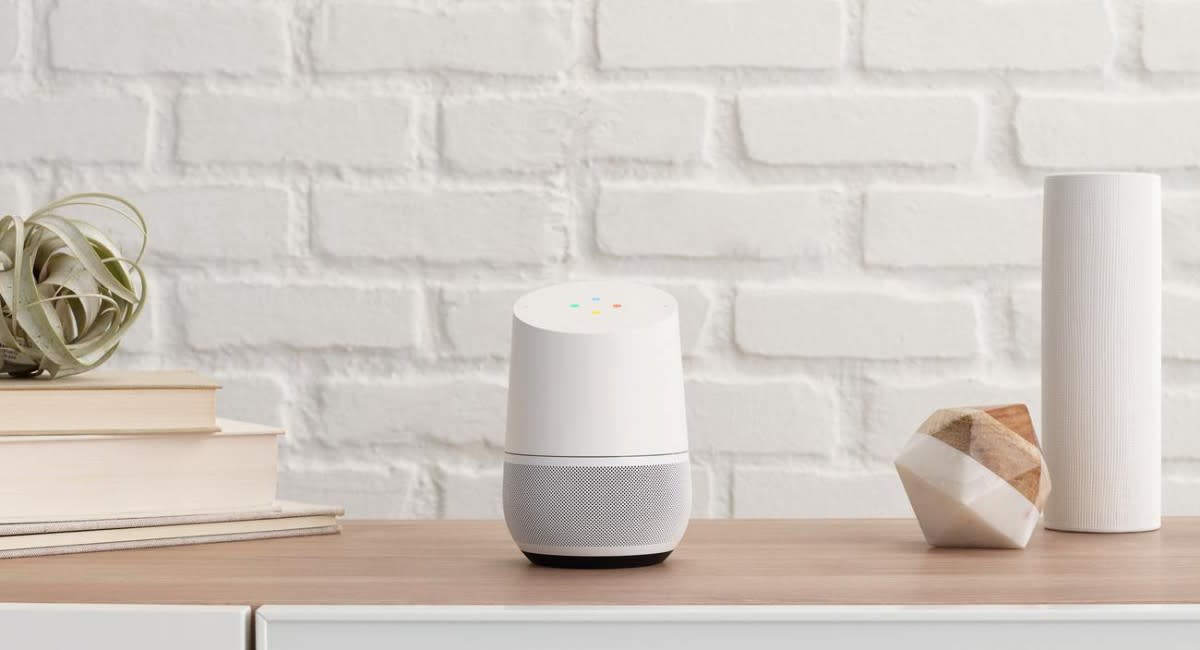
Right now, the conversation around Assistant is skewed towards individual users, but there are obviously huge implications for businesses too. What do you think is that evolution businesses will see in how they interact with their audiences?
The technology is so new that there is just so much potential. If I put myself in the shoes of a random advertiser or a service provider, my job is to maximise reach through the most strategic spaces. So whether it’s a TV screen, app, magazine or banner, your message is constrained by the real estate or capacity of the medium. That’s no longer the case because Assistant and voice interactions are sometimes invisible, so you can say as much or as little as you want. Now it’s a matter of thinking about the canvas as a journey rather than a moment. Brands can now express themselves without those constraints; it’s not static, it’s dynamic and invisible because most of these devices have no screen. So how does a business deliver its service when spread over space and time? It’s a matter of reframing the opportunity space. Now it’s more dynamic, complex, rich, and fun.
One of the topics of Future State is on what to do once you’ve reached the top of your field. What do you think are the personal qualities that have benefitted you most in a senior position?
I have a very simplistic and binary way of looking at life which is all about balancing opposing forces. If you take something out you have to pay it back. That translates to how I progress in my work or in the way I run our teams or essentially the way I wake up every morning.
I also noticed over the years that I wasn't paying enough attention to what it meant for me to be at my best. So there’s a few gradients of things I do every day: For example, I realised I need seven to eight hours of sleep every day. I don’t really need to work at home. I have to eat, or do things that I enjoy and take the things out that cost my time and energy as a human being. It comes down to how society and technology and the expectations of people who are ‘always on’ makes it harder to set your limits. So I started being very transparent about how I spend my time: If something was not interesting or relevant to me, I would leave and it would be ok. I just don’t have time to not use my time in the way I planned. I also realised that over the years I tend to do less things and I have a greater desire to do them better.
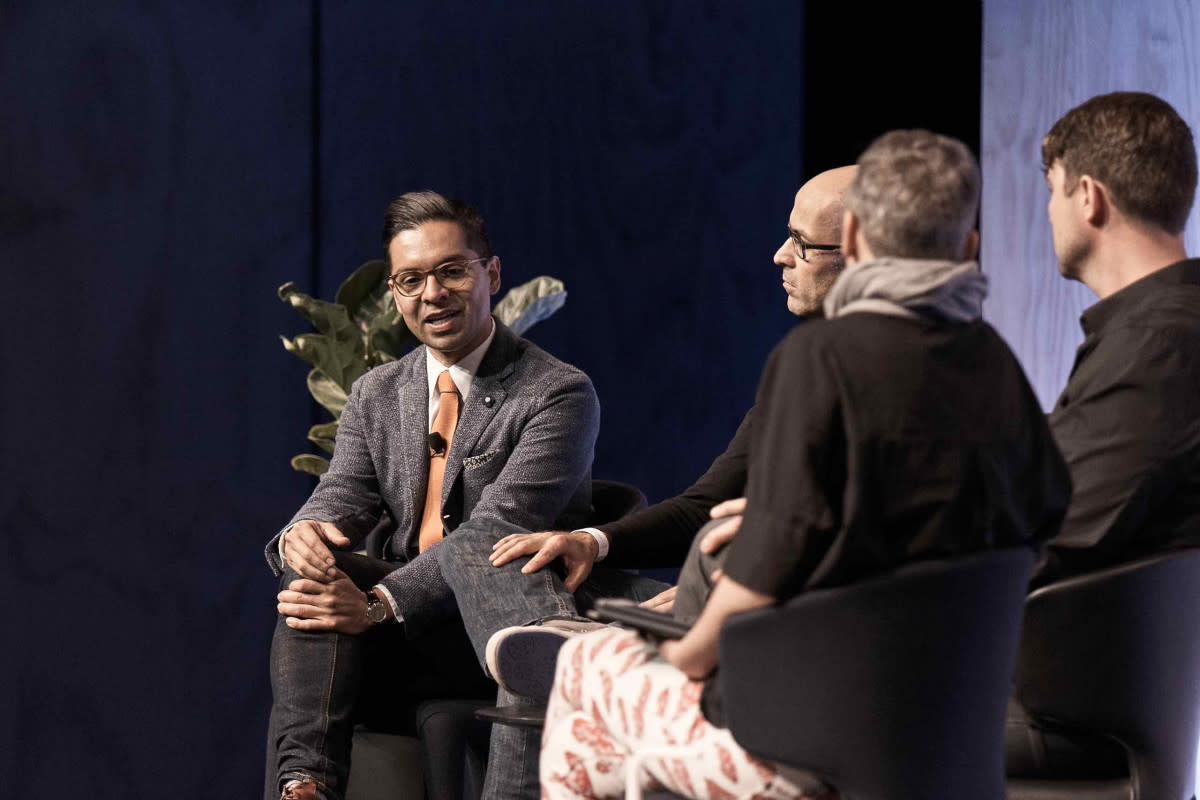
What are the types of projects you’re most excited about, and what are the biggest challenges within them?
This is my personal narrative and the more I live it the more I’m convinced we’re onto something good: When I see my daughter interact with our technology and the things she’s able to do without understanding it, it gives me so much hope we can be in a much simpler state. For example, this morning she said to our Google Home 'Call Grandma', and within seconds they were talking about how she should dress up for school. I was reflecting on that thinking ‘fuck, so many things just happened there’: To start, she doesn’t understand what that object is, and she doesn’t care; it’s just a way to speak to Grandma. She doesn’t remember my mom’s name, she doesn’t know her phone number, or what app she is using, or what account is logged in, or all the things I learned over the years that I accumulated in order to make that experience happen.
That gave me a lot of hope, but it’s challenging because I don’t understand her worldview and it’s hard to learn how they invest in their thinking. It requires a very deep understanding because it’s not about the device in front of her, but how the technology around her allows her to build a mental model about where she is and how she got there. Then once you understand that, how do you deal with that information in a way that will make her excited again.
I have a set of values that makes me a person or a father or someone in my hometown or in this world. I see technology shaping people already in my community or my society, but unfortunately technology as a whole doesn’t has the ability to accommodate my own personal values because we just don’t have the tools or technology to design for that. So I really want to start thinking about how we can scale that so when someone like you (with a different set of values) uses it, it knows how to prioritise, or when to bother you, or when to give you a heads up or give you a slap on the back of the head because you’re doing something outside of [those values]. That’s what I’m excited about; making technology adapt to us and not the other way around.
When you’re not working at home and having a life outside of work, what does your life look like? What are you watching, or reading or listening to? How does it influence your work, or perhaps it doesn’t?
Going back to the duality I mentioned earlier: I love routines and I travel a lot, which means when I’m here (in California) I’m super rigorous. I go to the gym every morning and bike to work; I read the newspaper (the New York Times Sunday edition because it takes me the whole week to read it); I read a bunch of books — right now I’m reading Enlightenment Now by Steven Pinker. I love watching Anthony Bourdain and the notion of travel and culture and people. And I go to sleep really early — around 10PM and I wake up at 5AM.
I read a lot of magazines like Monocle , Harvard Business Review, Forbes, and The Economist. I also have a really great magazine subscription called Slack which is from the UK and every month they send you a new magazine from a random place. One might be about dogs or coffee or poetry or politics or sex — it’s just so crazy and it fulfils my random curiosity of deep domains. I sometimes feel a little bit behind because I have surplus of things to read but that’s ok, I will have time to get to them.